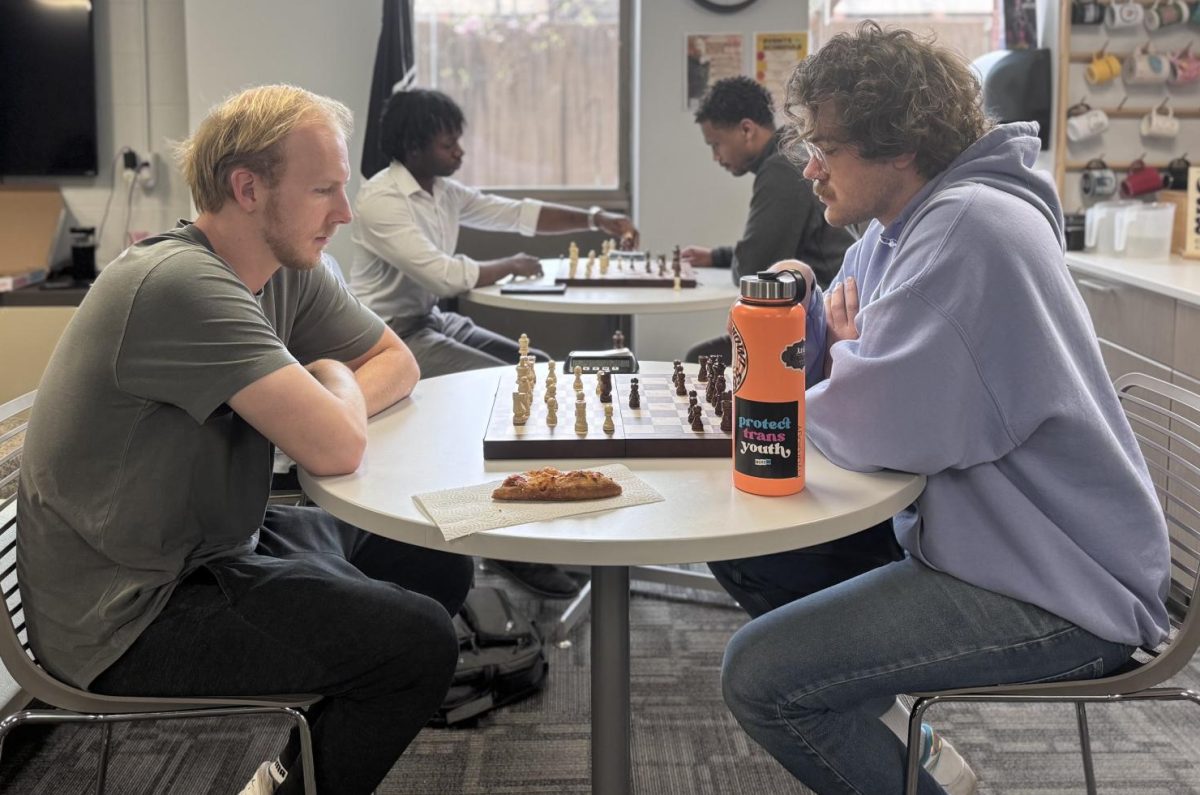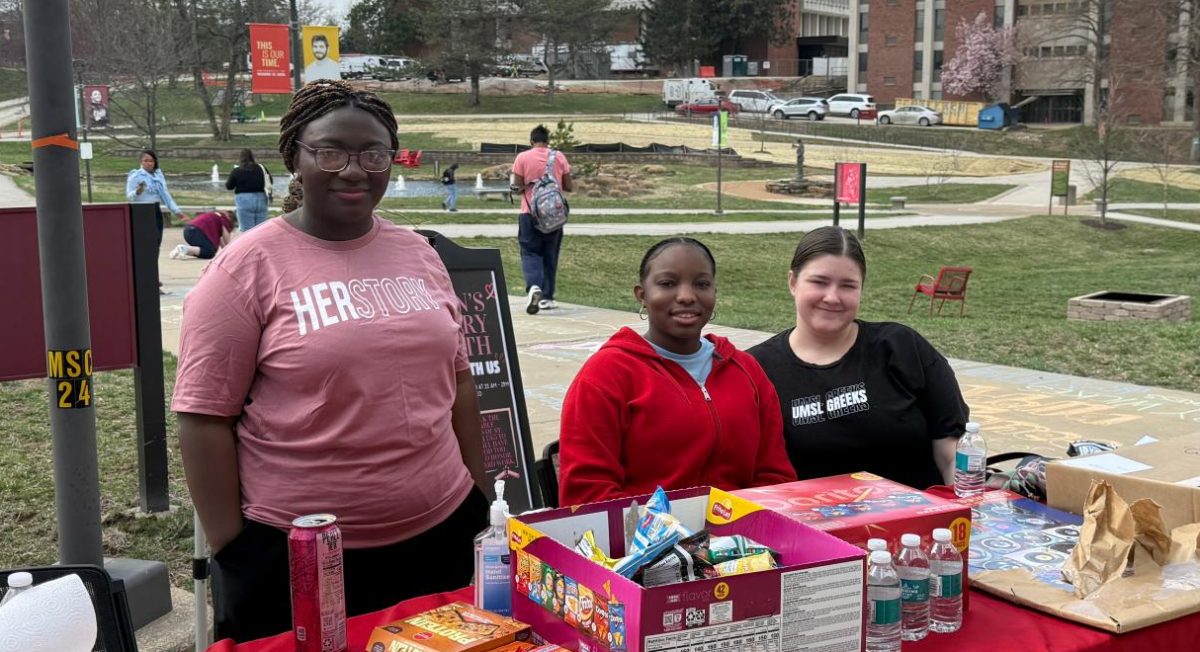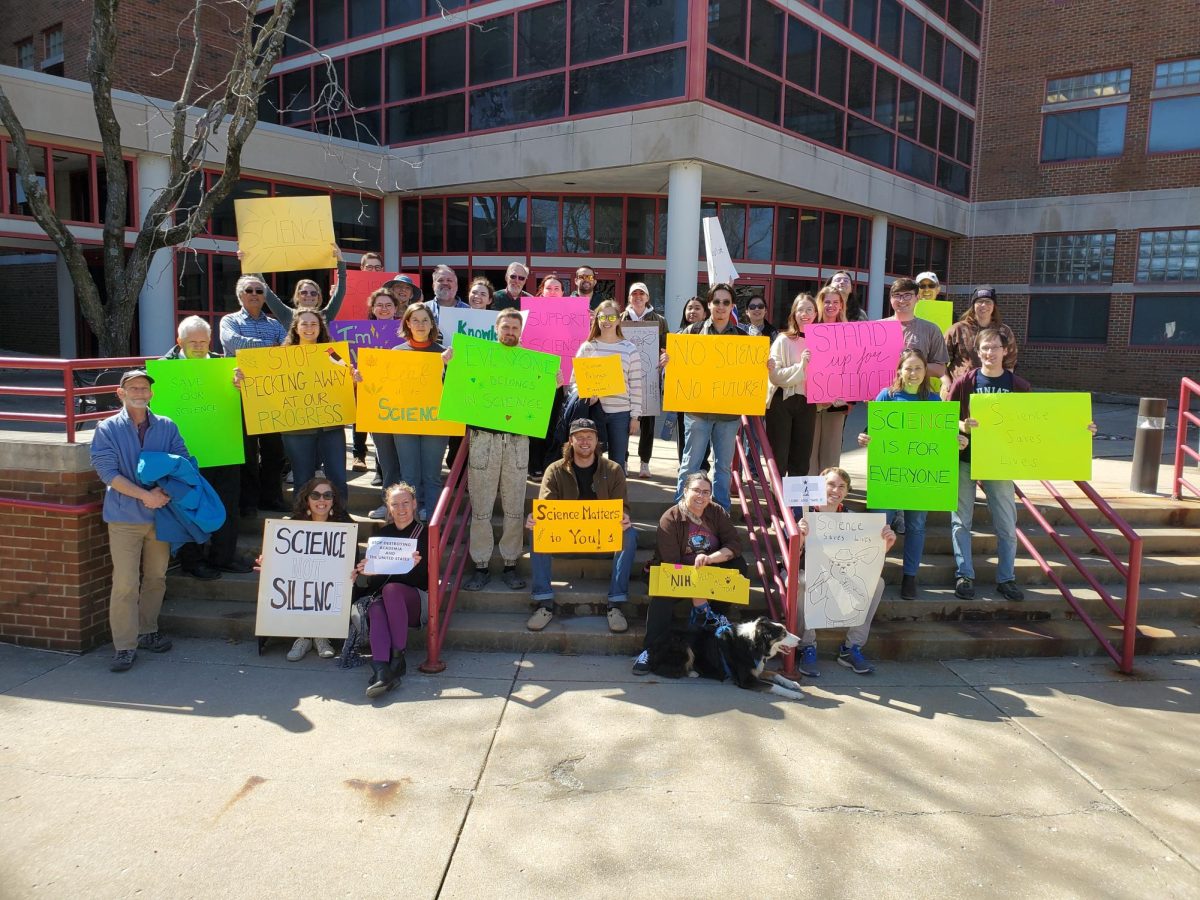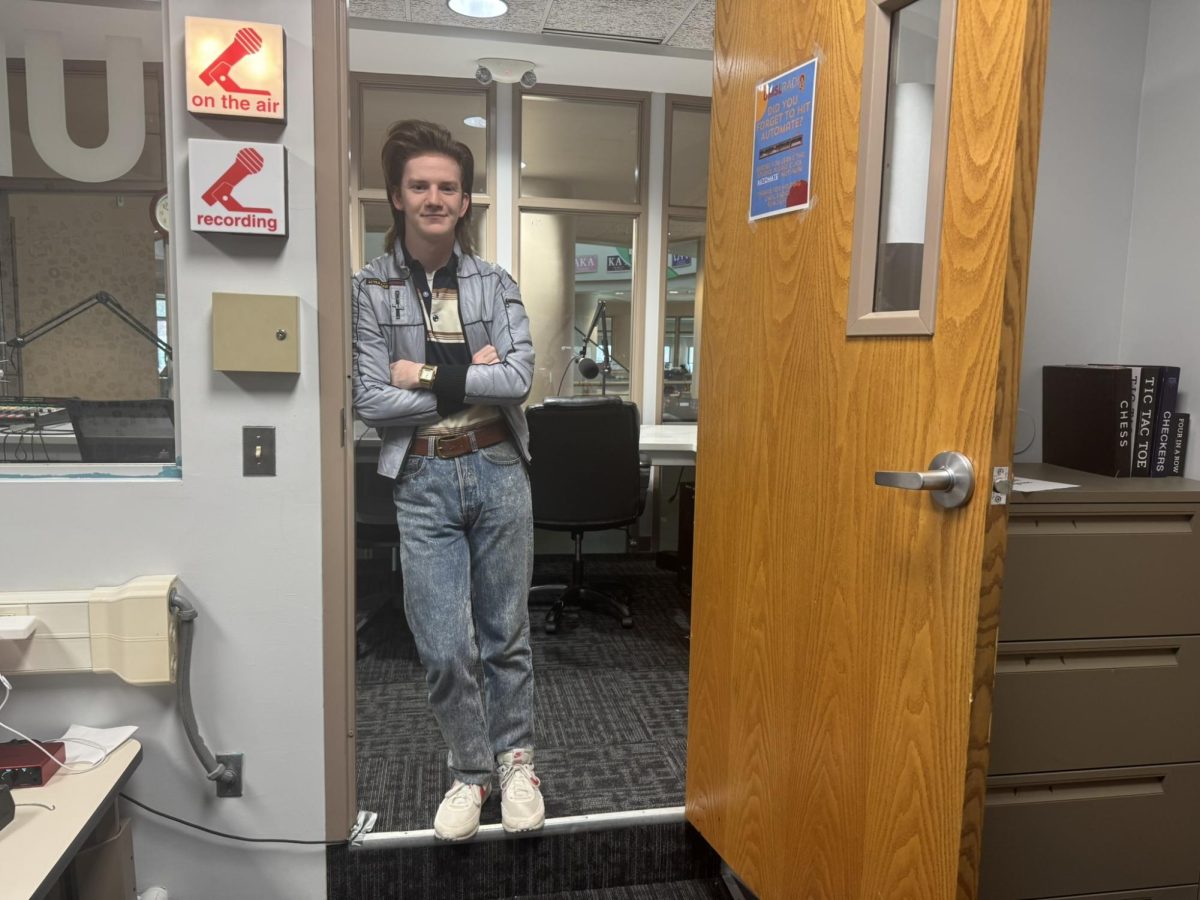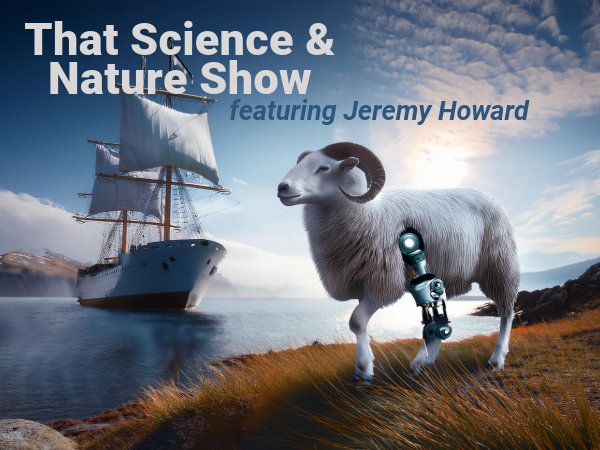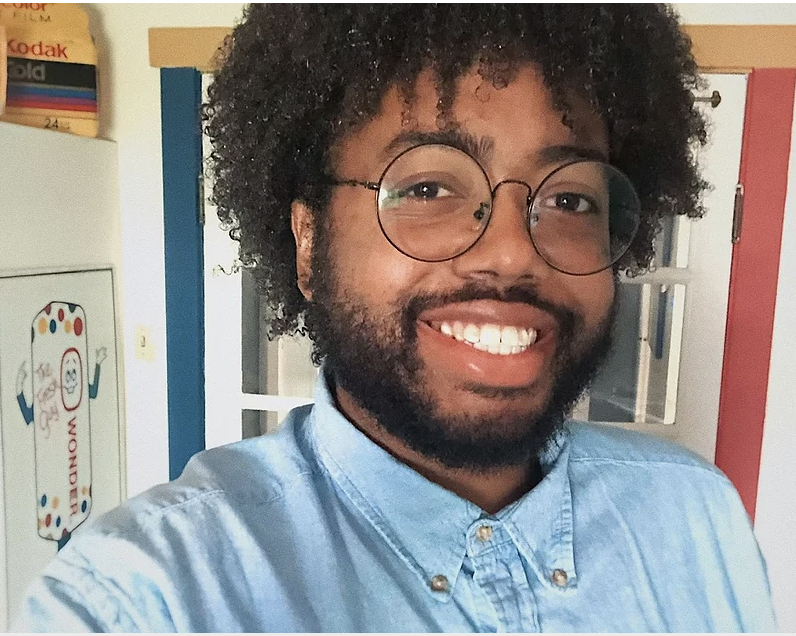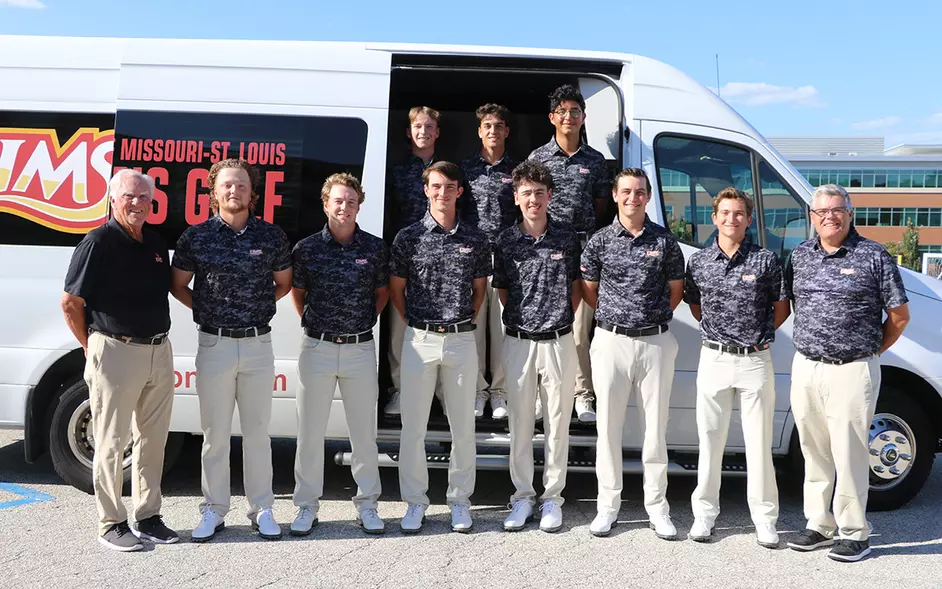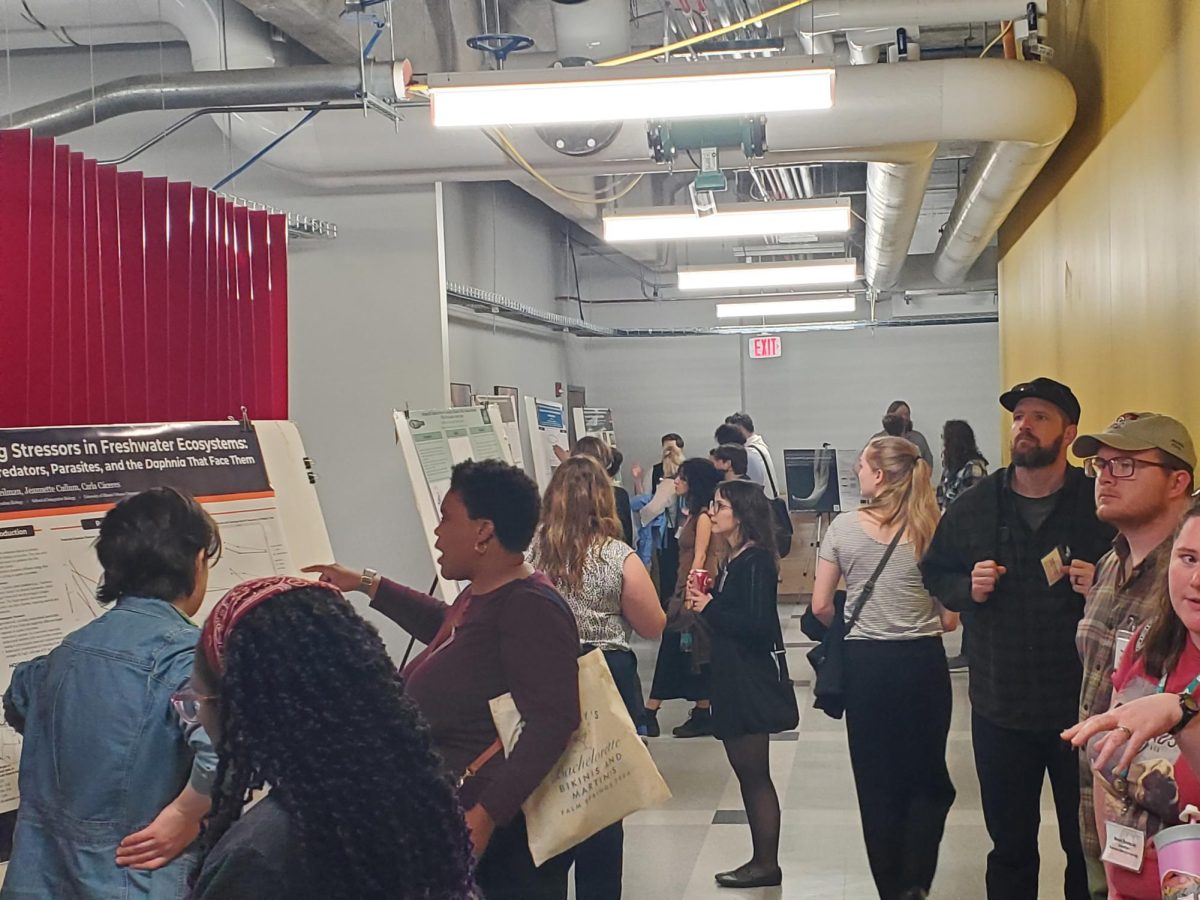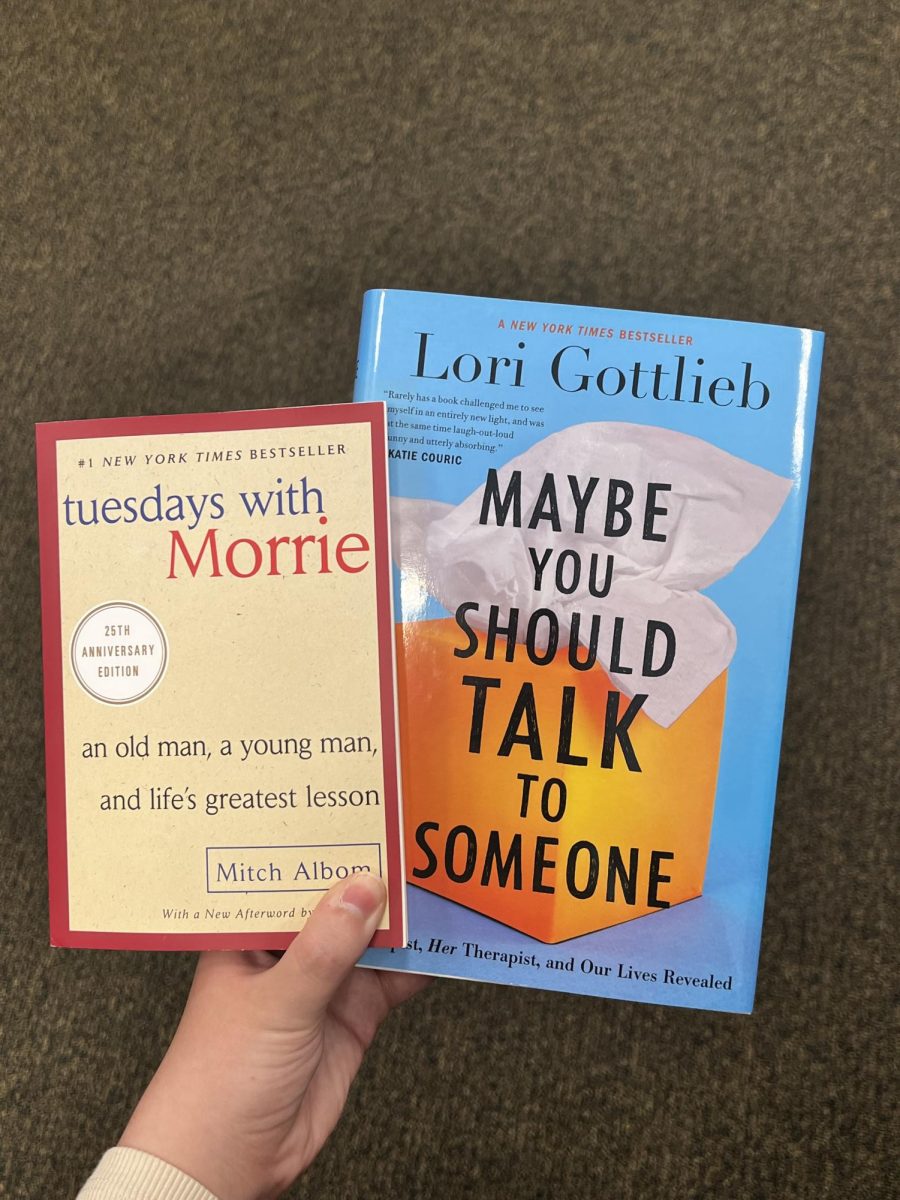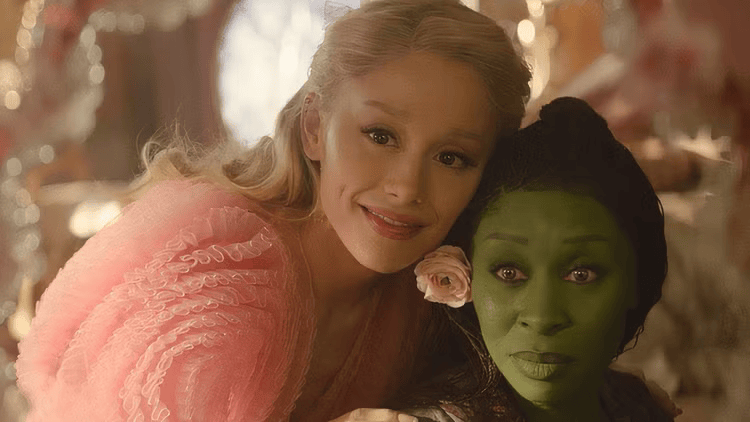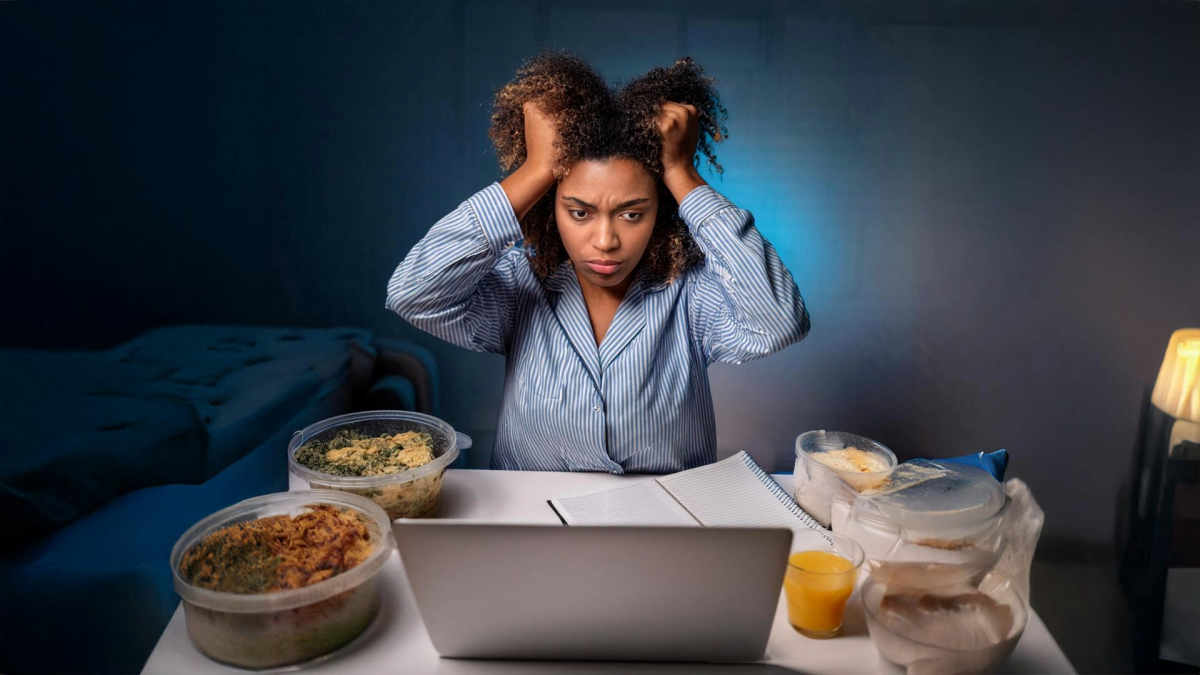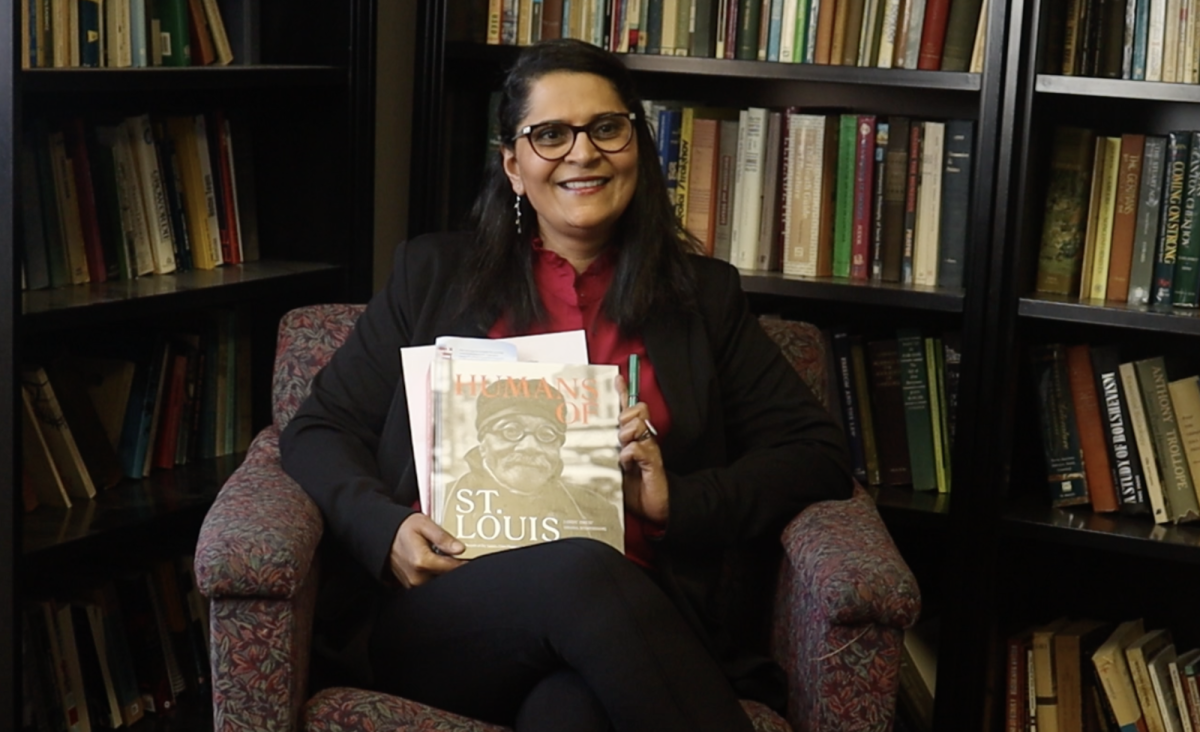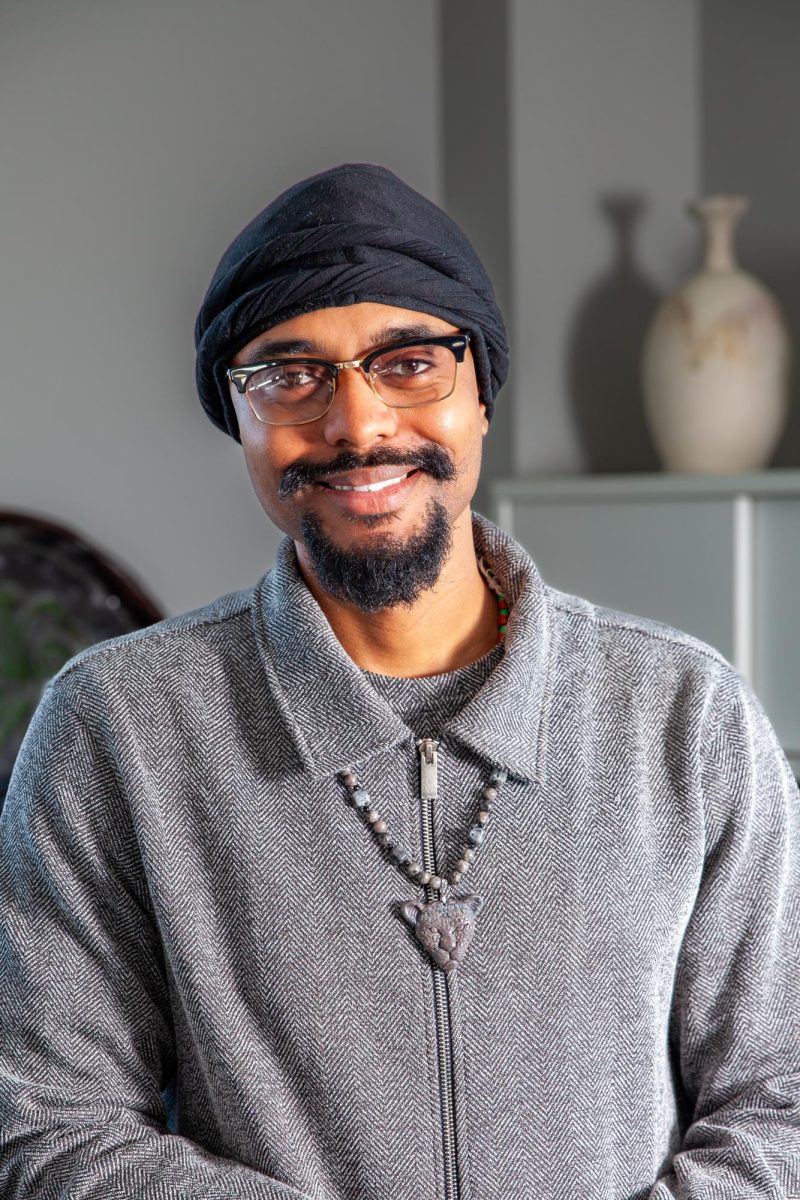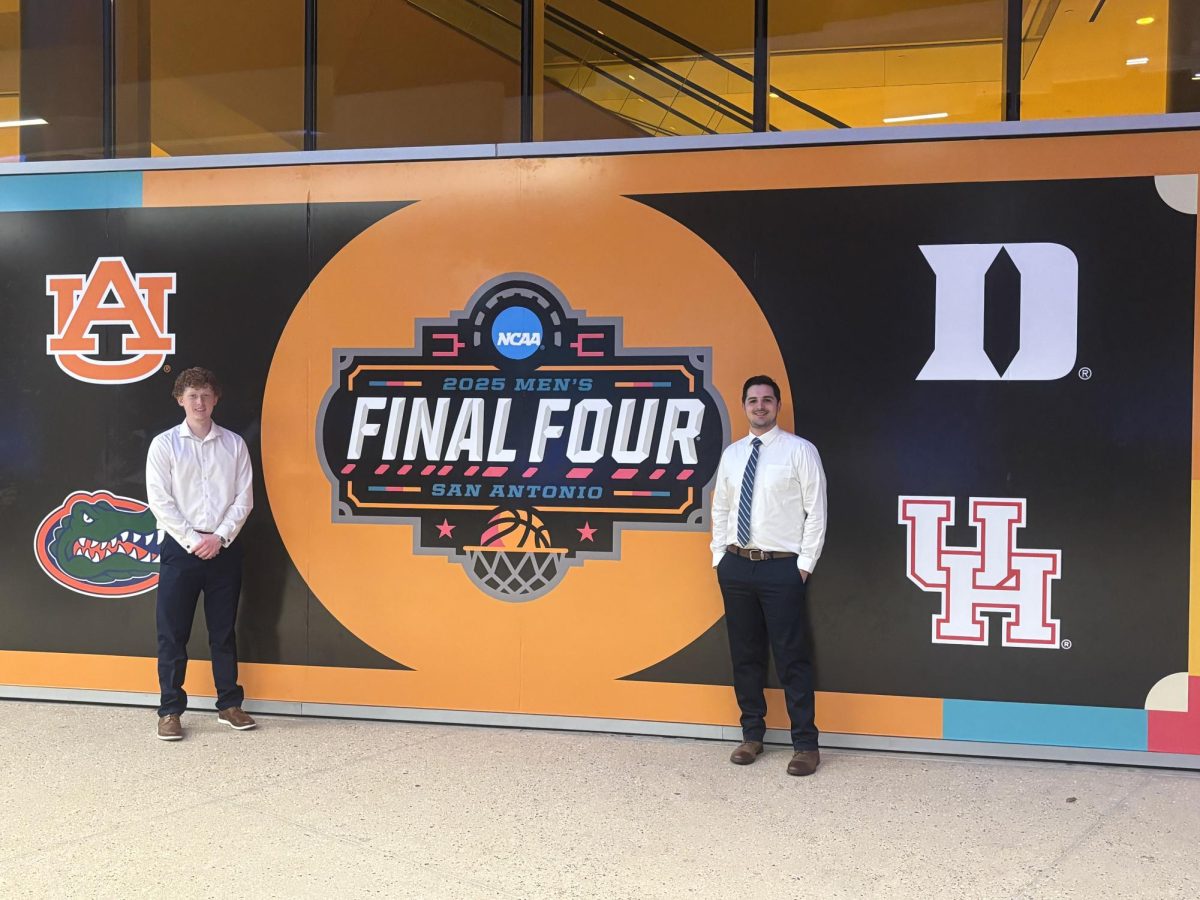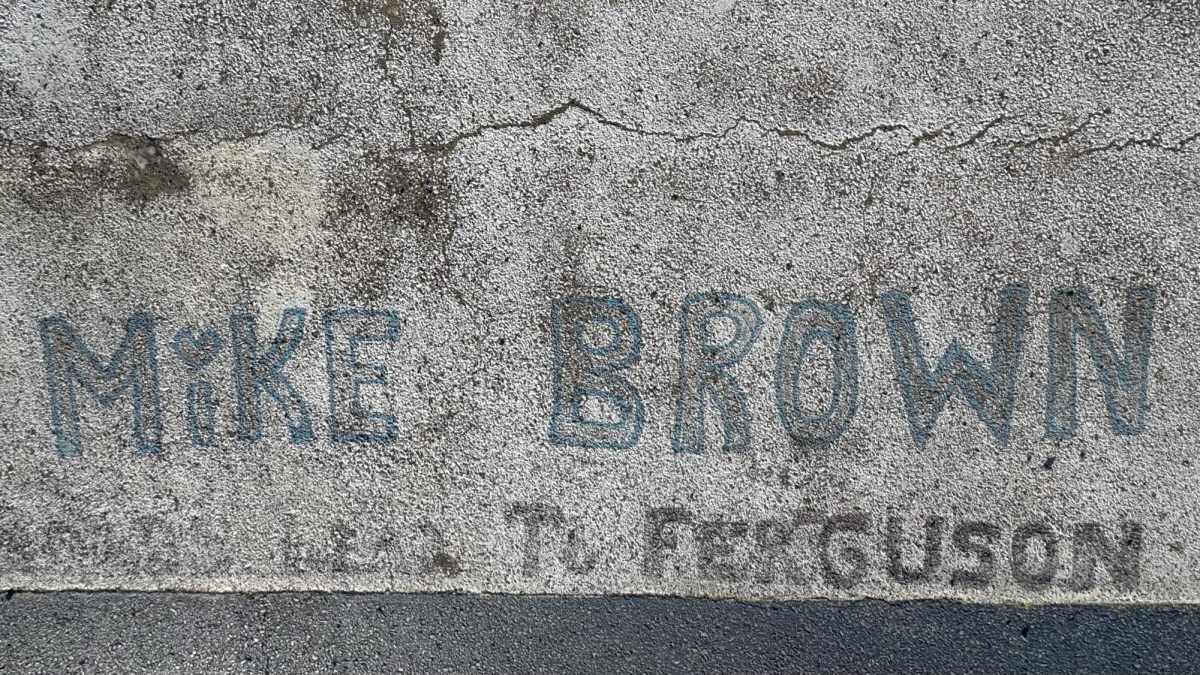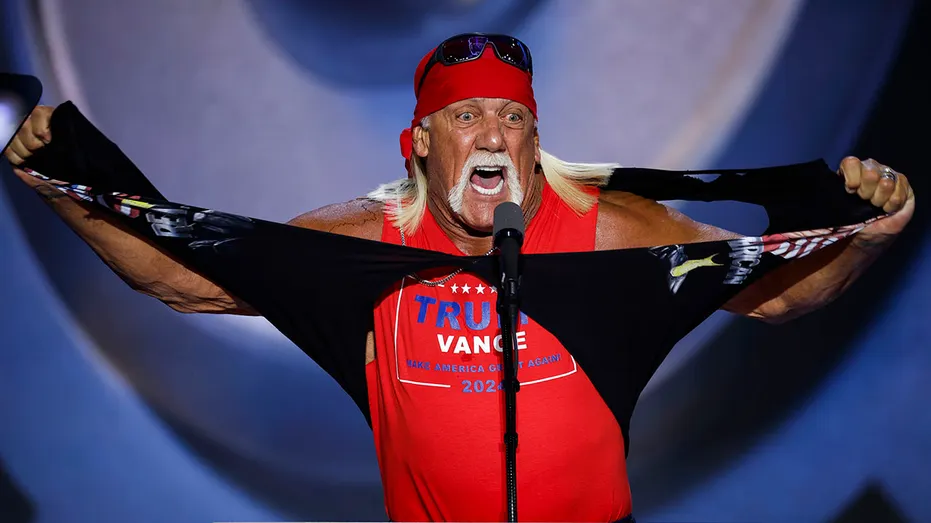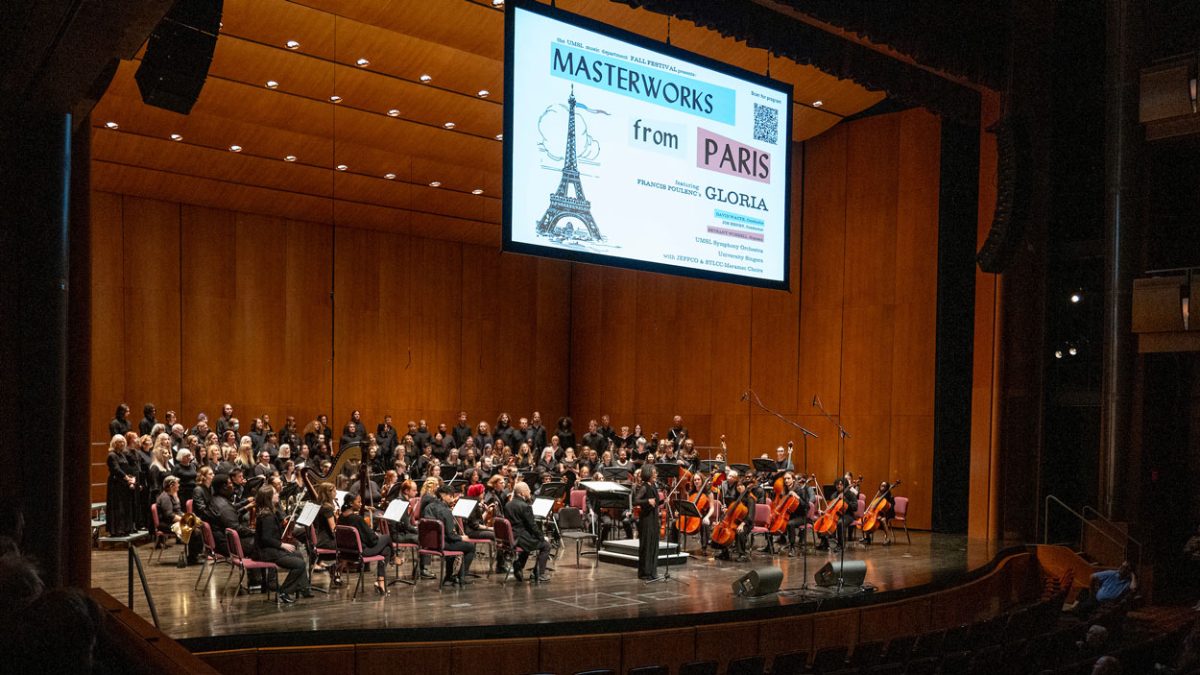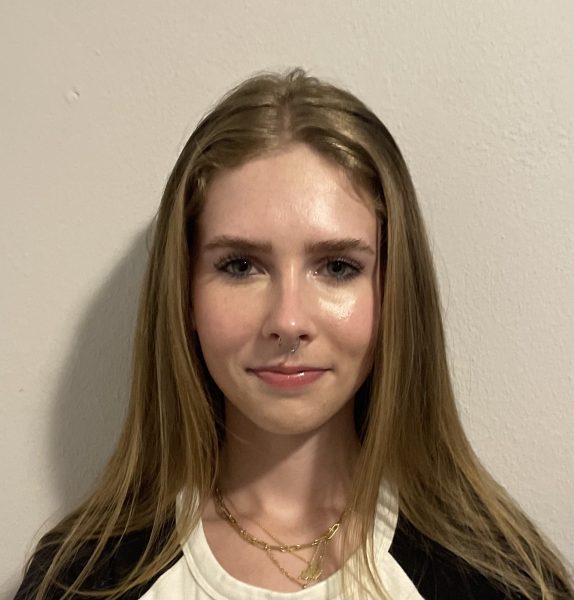Every four years, the United States is promptly divided into three categories: the Democrats, the Republicans, and everyone else. Each group votes for one political candidate to lead the nation of over 330 million people. In what we hope to be a clean and fair election, candidates and campaigns are criticized by the public for several reasons. One frequently debated and controversial contributor to the election results is the ever-present celebrity endorsement.
In 1960, John F. Kennedy’s friendship with Frank Sinatra helped him win the election against his Republican opponent, Richard. M. Nixon. The two became acquainted in the 1950s when Kennedy’s sister, Pat, married Rat Pack member Peter Lawford. During Kennedy’s campaign, Sinatra introduced Kennedy to his audience at the Sands Hotel in Las Vegas as the next president of the United States. Through his connections with the celebrity and Hollywood worlds, Kennedy gained access to significant campaign funds through their pocketbooks.
We can see how powerful celebrities’ money and actions influence those watching in the more recent 2008 election. During Barack Obama’s campaign, Oprah Winfrey publicly endorsed him during his race against Hillary Clinton for the Democratic presidential nomination and fundraised over $3 million for his campaign. A study done by the Pew Research Center showed that 69% of Americans at the time did not believe that Oprah’s influence would affect their voting decision. 60% of Americans believed, however, that Oprah’s influence would help Obama’s candidacy.
Whether we like it or not, celebrities and influential people will comment on the election and share their views. Because many young eyes grow up watching the behavior and impact of these powerful people, it may, in turn, influence their behavior and choice when it comes to decisions such as political candidates.
Similarly to 2008, the 2024 presidential election had an increased presence of celebrities and social media influence spreading election information. Even the candidates stayed up-to-date with Gen Z media as both Kamala Harris and Donald Trump created TikTok accounts, allowing them to directly influence the next generation of voters in potentially positive and negative ways.
This new generation of voters no longer seeks mainstream news sources such as FOX or CNN for information and resources, especially during election years. One might attribute this to the increase in unchecked debates and information flying through the fast-paced interweb.
Today, celebrities and influencers are bringing up real issues and having conversations that ask questions applicable to this generation of first-time voters that can increase their influence on the election.
Internet personality Alex Cooper hosted Vice President Harris on her podcast Call Her Daddy on October 6. Their conversation centered on the future of women’s health, a lightning rod topic during the 2024 election cycle. It was refreshing to see how these conversations can be had without trying to change or manipulate one another’s political affiliation, which can often be seen in biased news media. Following suit, Joe Rogan welcomed Donald Trump to speak on The Joe Rogan Experience on October 26. There, the two discussed a smattering of topics, including gender reassignment surgeries for prisoners and SnapCrap, an app that has been shut down since 2019 where San Franciscans could take pictures of human feces and share the location of the discovery.

The 2024 election was incredibly important to the current generation of students at UMSL, and I wanted to know their opinions on celebrities’ roles in political campaigns. After receiving anonymous comments for a week on the issue from participants at the Millennium Student Center, 50% of comments agreed that celebrities should either not have an influence as they usually cause damage or can be harmful by giving power to the wrong people. The other 50% agreed that they have the right to influence the election in positive ways.
One participant wrote, “I think it depends. They should not bash the other candidate. If they’re public about who they’re voting for it’s okay, but it should only be positivity.”
Another participant suggested, “Only certain celebrities should be able to influence the election if they’re heavily involved in the elections.”
Recently, on social media, celebrities such as Chappell Roan have faced backlash due to their commentary on the election. Roan was quickly criticized after not publicly endorsing a candidate. According to Forbes, she told her fan base, “I have so many issues with our government in every way. There are so many things that I would want to change. So I don’t feel pressured to endorse someone. There are problems on both sides. I encourage people to use your critical thinking skills, use your vote—vote small, vote for what’s going on in your city.”
Chappell Roan is not confined to the expectations of her fanbase, but clarified she would not be voting for Donald Trump, and simply wanted to question those in power.
There’s no question that celebrities have an influence. Within the first week of Harris announcing her campaign for president, she quickly gained popularity with Gen Z and the X (formerly Twitter) community, after pop star, Charli XCX, publicly supported her by posting, “kamala IS brat”, gaining over 56 million views. Influence like this connects to the power and resources that open up for political candidates, as Harris raised a record-breaking amount of $200 million within that same week for her campaign.
Another major celebrity endorsement during the election came from Elon Musk. With his newer investments in the realms of space exploration, Musk has publicly supported Trump, likely due to his policies on reducing government oversight in space policies. To support his candidacy, Musk has donated $120 million to Super Pac, becoming Trump’s second biggest financial backer. However, it doesn’t quite compare to the numbers Harris raised this year at over $990 million, while Trump raised only $388 million. In terms of financial numbers and social media views, Harris ran a stronger campaign.
Despite the strong campaign and multiple major celebrity endorsements, it did not guarantee Harris a seat in the Oval Office. Trump’s focused messaging to the economy-driven and immigration-focused voters, particularly in the swing states during this election, gained him a second term. While the celebrity endorsements this year pushed a seemingly liberal agenda, it did not sway enough voters who instead chose the familiar, Donald Trump as our next president.


